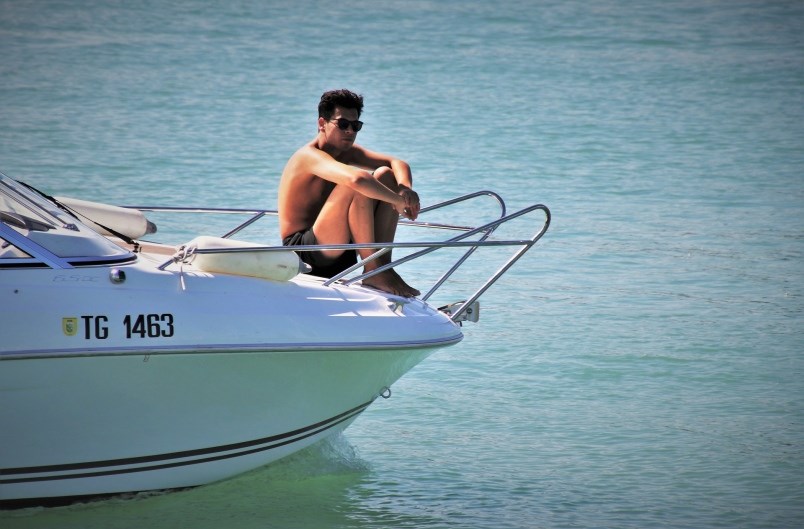Recreational boaters and operators of non-motorized watercraft in British Columbia are being asked to avoid unnecessary travel, continue to observe public health guidelines, and proceed with common sense and good judgement if they choose to go on the water over the May long weekend and this boating season.
The Canadian Armed Forces, Canada Border Services Agency, Canadian Coast Guard, Indigenous Services Canada, Parks Canada Agency, RCMP, and other federal partners, Destination BC, Emergency Management BC, and the United States Coast Guard are working together this spring to ensure all mariners on the water stay safe and are observing COVID-19 protocols laid out by the BC Provincial Health Officer and Government of Canada.
A temporary restriction on all non-essential travel at the Canada-U.S. border is in place until May 21. Boaters travelling across international borders for non-essential purposes, including recreation and tourism, will be turned around. Mariners entering Canada for essential purposes must isolate for 14 days if they have symptoms of COVID-19 or, if not exempted, quarantine themselves for 14 days if they do not have symptoms.
Recreational boaters are also reminded that now is not the time to visit small communities on the British Columbia coast. Many communities, particularly First Nations communities, remain closed to visitors to protect themselves from the spread of COVID-19. If boaters must travel, they should be prepared to be self-sufficient as they may not have access to fuel, supplies and other services on their trip.
If boaters have been in close contact with someone with COVID-19 or are feeling sick, please don’t get on a boat. In a marine emergency, boaters should let emergency responders know if they have any flu-like symptoms when they call for assistance.
We are all in this together: for boaters this means observing federal and provincial health guidelines around cleaning, social distancing and practicing good hygiene; as well as being prepared by carrying all mandatory safety equipment, wearing a personal flotation device, leaving a trip plan with someone on shore, and avoid taking unnecessary risks on the water.



